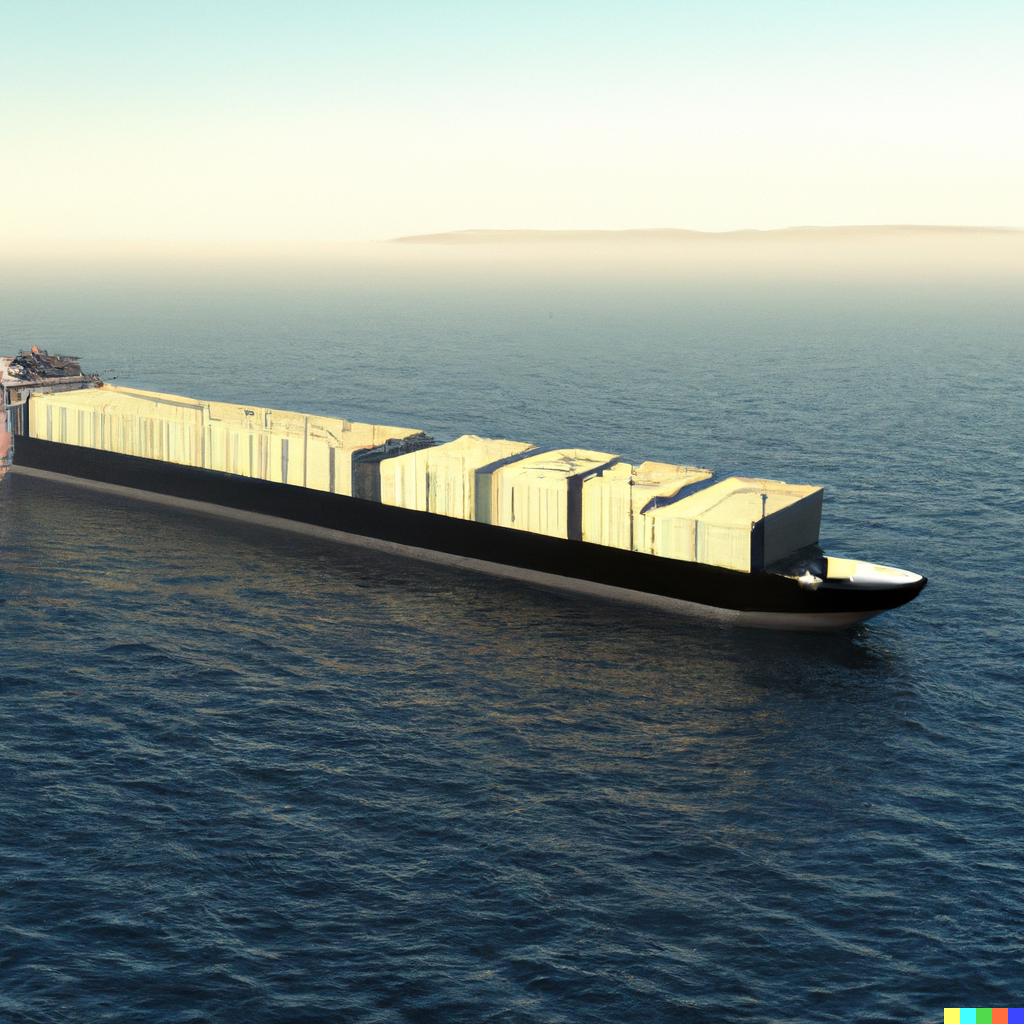Home Categories Supply Chain & Logistics Technology (SupplyChainTech)

The Global Tech Awards recognizes excellence in various fields of technology, including Supply Chain & Logistics Technology (SupplyChainTech). The following are the criteria for Supply Chain & Logistics Technology (SupplyChainTech) Awards Category:
Efficiency and Optimization: Assessment of the technology's ability to streamline and optimize supply chain and logistics operations. Consideration is given to factors such as automation, real-time tracking, route optimization, demand forecasting, inventory management, warehouse optimization, and other features that enhance efficiency and reduce costs within the supply chain.
Visibility and Transparency: Evaluation of the technology's contribution to providing visibility and transparency across the supply chain. Consideration is given to factors such as end-to-end traceability, real-time data sharing, supply chain analytics, collaborative platforms, and technologies that enable stakeholders to track and monitor the movement of goods, identify bottlenecks, and ensure transparency in supply chain activities.
Risk Management: Assessment of the technology's ability to identify and mitigate risks within the supply chain. Consideration is given to factors such as supply chain resilience, predictive analytics for risk assessment, contingency planning, disruption management, and technologies that help companies proactively manage and mitigate risks related to inventory, transportation, demand fluctuations, regulatory compliance, and other potential disruptions.
Sustainability and Environmental Impact: Evaluation of the technology's contribution to sustainability and reducing the environmental footprint of supply chain and logistics operations. Consideration is given to factors such as carbon footprint measurement, emissions reduction strategies, green logistics solutions, alternative energy adoption, waste management, and technologies that enable companies to optimize their supply chain operations while minimizing environmental impact.
Collaboration and Connectivity: Assessment of the technology's ability to facilitate collaboration and connectivity among supply chain stakeholders. Consideration is given to factors such as digital platforms, data sharing networks, supply chain visibility tools, collaborative forecasting, and technologies that enhance communication, coordination, and collaboration among suppliers, manufacturers, distributors, retailers, and other parties involved in the supply chain.
Innovation and Emerging Technologies: Evaluation of the technology's integration of emerging technologies and innovation within the supply chain and logistics field. Consideration is given to factors such as artificial intelligence, machine learning, Internet of Things (IoT), blockchain, robotics, automation, and other cutting-edge technologies that enhance supply chain operations, improve decision-making, and drive innovation within the industry.
Customer Experience: Assessment of the technology's impact on enhancing the customer experience throughout the supply chain. Consideration is given to factors such as order visibility, delivery tracking, personalized services, reverse logistics, customer feedback mechanisms, and technologies that provide a seamless and positive experience for customers in terms of order fulfillment, delivery, returns, and overall satisfaction.
Scalability and Adaptability: Evaluation of the technology's scalability and adaptability to meet the changing needs of supply chain and logistics operations. Consideration is given to factors such as the ability to handle increasing volumes, accommodate evolving business models, integrate with existing systems, support global operations, and easily adapt to new market trends and requirements.
Industry Impact and Recognition: Assessment of the technology's impact on the supply chain and logistics industry and its recognition within the field. Consideration is given to factors such as industry awards, partnerships with leading companies, customer testimonials, market adoption, and the overall influence and reputation of the technology within the supply chain and logistics community.
Business Value and Return on Investment (ROI): Evaluation of the technology's business value and potential return on investment for companies utilizing it. Consideration is given to factors such as cost savings, operational efficiency gains, improved customer satisfaction, revenue growth opportunities, and the overall financial benefits that the technology brings to organizations in the supply chain and logistics sector.
The judges will also consider other factors such as the nominee's overall impact on the Supply Chain & Logistics Technology (SupplyChainTech), the level of creativity and originality of the solution, and the nominee's ability to overcome technical and market challenges. All decisions of the judges are final.
© Copyright 2026Global Tech AwardsAll Rights Reserved
This website uses cookies to enhance user experience and to analyze performance and traffic on our website. Please check our Privacy Policy
